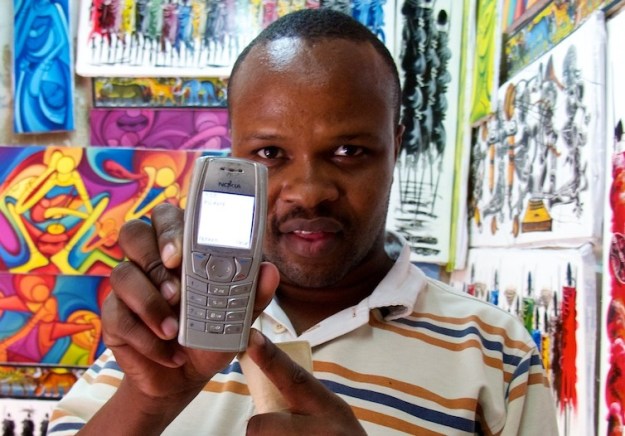
While the computing manufacturers and NGOs continue searching for ways to bring connectivity to the developing world, mobile phones have had little problem penetrating the market. Cell towers and phone have made their way to some of the most remote regions of the globe. However, one of the problems is that many callers borrow phones and therefore never have a discernable identity.
Movirtu plans to change this by providing over 3 million people living in poverty in Africa and South Asia with a personal phone number—regardless of whether they own a phone. They would instead login from any phone to Cloud Phone, as the service is being titled, to make calls, gather information or even performs simple banking or transactions, essentially creating new online identities.
Movirtu made this pledge to the United Nation Development Programme’s Business Call to Action (BCtA).
“By providing low-income communities with access to secure mobile accounts and identities, Movirtu is helping to bridge the divide between those that have easy access to mobile phones and those that rely on community phones or paying a borrower’s premium to friends to meet their communication needs,” Amanda Gardiner, BCtA Acting Program Manager, said in a press release.
By early 2013 Movirtu plans to implement their technology in over 13 markets across Africa and South Asia.
One of the great benefits will be increased mobile phone access for women. According to global mobile operator association GSMA, low-income women in these regions are up to 21 percent less likely to have mobile phone access than a man.
The benefit obviously works both ways. With more “defined” users in developing countries, businesses can begin targeting services and products to users when they access Cloud Phone.
(Photo courtesy of caribbeanfreephoto)


